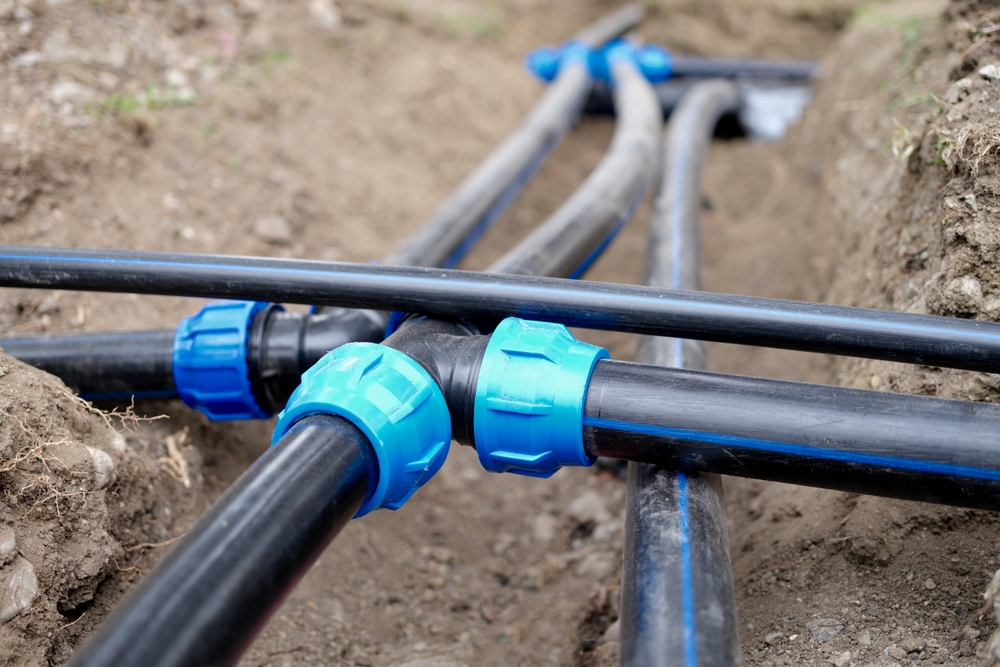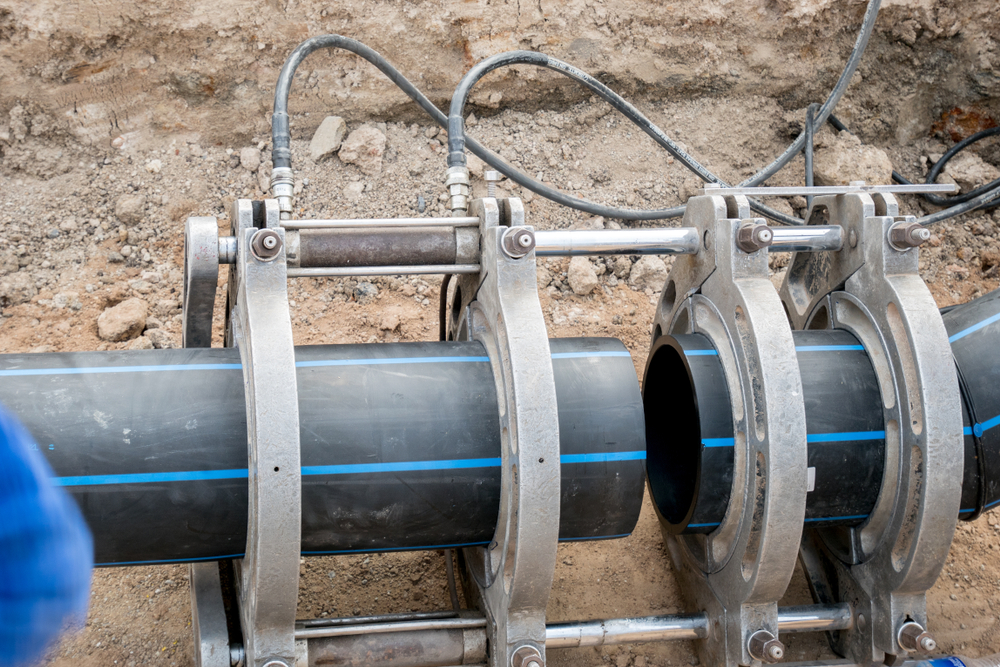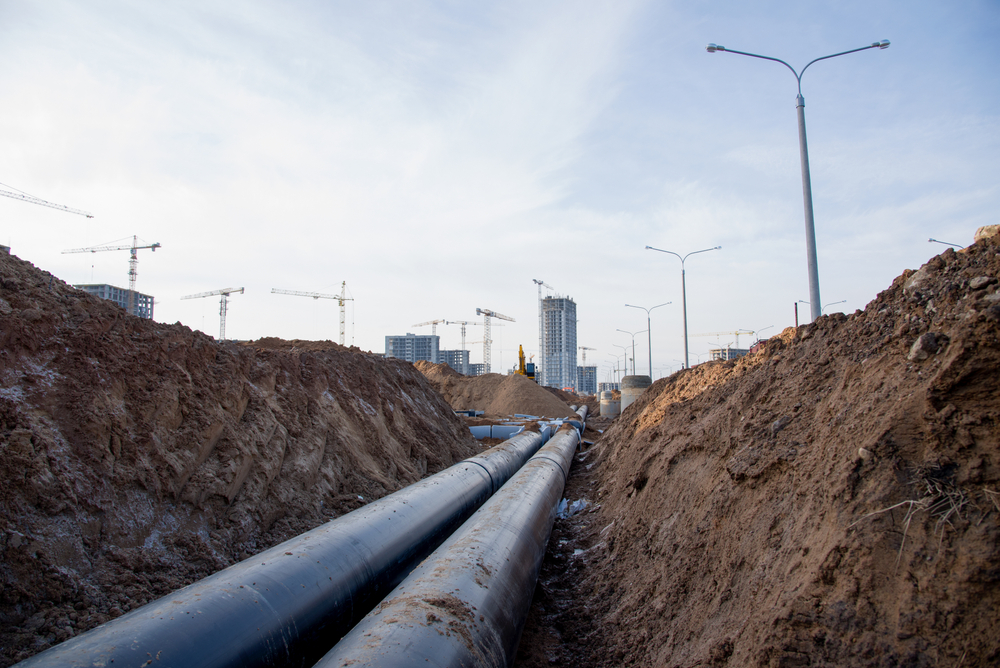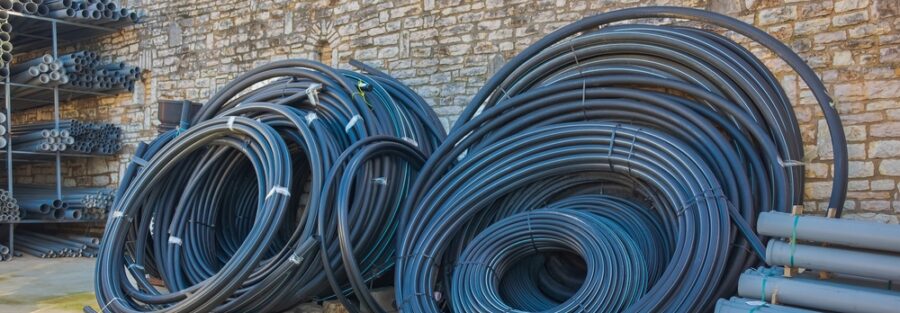Which Pipes are Best for Commercial and Industrial Sewerage Applications?
The backbone of any commercial or industrial structure is its plumbing system, and within that system, the sewerage lines play a crucial role in waste removal. Choosing the right pipes for this application is essential for ensuring long-term performance, minimizing maintenance needs, and protecting public health. Among the diverse options available, High-Density Polyethylene (HDPE) pipes stand out as one of the best choices. HDPE pipes in Pakistan offer countless advantages that make them ideal for handling the demands of commercial and industrial sewerage systems.
What are HDPE Pipes?
HDPE stands for High-Density Polyethylene, a type of plastic known for its strength and durability. HDPE pipes are made from this material and are used in diverse applications, including water supply, gas distribution, and sewerage systems. The manufacturing process involves melting the polyethylene material and forming it into pipes of different sizes and thicknesses.

Key Advantages of HDPE Pipes for Sewerage Applications
Here’s a breakdown of the advantages that make them a standout choice:
Durability and Longevity
HDPE pipes are highly durable and have a long lifespan, often exceeding 50 years. Their resistance to corrosion, abrasion, and chemical reactions makes them ideal for harsh environments commonly found in sewerage systems. This durability ensures that the pipes can withstand the demands of commercial and industrial applications without frequent repairs or replacements.
Flexibility and Toughness
One of the most notable characteristics of HDPE pipes is their flexibility. They can bend and flex without breaking, particularly useful in areas prone to ground movement or seismic activity. This flexibility also makes installation easier and reduces the need for fittings and joints, minimizing potential weak points in the system.
Leak-Free Joints
HDPE plastic pipes can be joined using heat fusion, creating a strong, leak-free bond. This method of joining pipes eliminates the risk of leaks with traditional mechanical joints. Leak-free joints are essential for preventing wastewater from escaping the system and contaminating the environment.
Chemical Resistance
These pipes resist different chemicals, making them suitable for transporting industrial wastewater containing various chemicals and pollutants. This resistance ensures that the pipes do not degrade or react with the substances they carry, maintaining the integrity of the sewerage system.

Lightweight and Easy to Install
Compared to traditional materials like concrete or metal, HDPE pipes and fittings are lightweight, making them easier to handle and install. This reduces labor costs and installation time, especially in large-scale commercial and industrial projects. The ease of installation also means that disruptions to ongoing operations are minimized.
Smooth Interior Surface
The smooth interior surface of HDPE pipes minimizes friction and allows for efficient wastewater flow. This characteristic reduces the risk of blockages and ensures the system operates smoothly, even with high volumes of waste. The smooth surface also prevents the buildup of sediments and debris inside the pipes.
Environmental Friendliness
HDPE pipes and fittings are environmentally friendly as they are made from recyclable materials. At the end of their service life, they can be recycled and repurposed, reducing the environmental impact. Further, the energy required to produce HDPE pipes is lower than other materials, making them a more sustainable choice.
Applications of HDPE Pipes in Commercial and Industrial Sewerage Systems
Here’s a detailed look at where HDPE pipes excel:
1. Large-Scale Sewer Networks
HDPE pipes are commonly used in large-scale sewer networks that serve commercial and industrial areas. Their durability and chemical resistance make them suitable for transporting different types of wastewater, including industrial effluents and stormwater.
2. Wastewater Treatment Plants
In wastewater treatment plants, HDPE pipes convey raw sewage to treatment facilities and transport treated effluent for discharge. Their ability to withstand harsh chemicals and abrasive materials ensures reliable performance in these demanding environments.
3. Industrial Waste Disposal
Industries often generate wastewater that contains dangerous substances. HDPE pipes are ideal for safely transporting this wastewater to treatment or disposal sites. Their chemical resistance and leak-free joints prevent contamination of surrounding areas..
4. Stormwater Management
HDPE pipes are also used in stormwater management systems to handle runoff from commercial and industrial sites. Their smooth interior surface allows for efficient drainage, preventing flooding and water accumulation.

5. Underground Installations
These plastic pipes are suitable for underground installations due to their flexibility and toughness. They can withstand ground movements and external pressures, making them reliable for buried sewerage systems.
Choose Your Pipes Wisely
Adamjee Dura Built proudly offers its HDPE Pipes, branded as DuraPE. They excel in their flexibility, enabling them to be sold in long coils. This enables DuraPE plastic pipes to be installed over large distances and uneven surfaces with minimal or no joints. Our HDPE Pipe manufacturers ensure superb abrasion and impact resistance in DuraPE, making it an ideal choice for water supply and distribution systems, compressed air, chemicals, hazardous wastes, slurries, mining, and irrigation applications.
Choose Adamjee pipes and watch your projects flow smoothly!
All Things Considered
In commercial and industrial sewerage applications, HDPE pipes offer a range of benefits that make them the best choice for efficient and reliable wastewater management. Their durability, flexibility, chemical resistance, and leak-free joints ensure long-lasting performance in challenging environments. Besides, their lightweight nature and ease of installation contribute to cost savings and reduced installation time.
As advancements in material science and manufacturing techniques continue, HDPE pipes will likely remain a cornerstone of modern sewerage systems, meeting the evolving needs of commercial and industrial sectors worldwide.
Choose HDPE pipes for your next project and watch your wastewater worries wash away!



